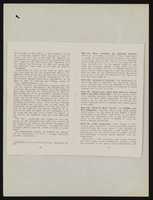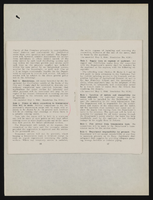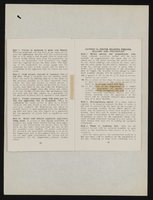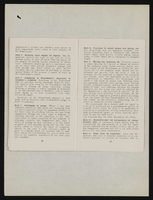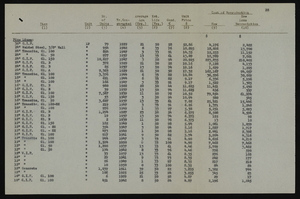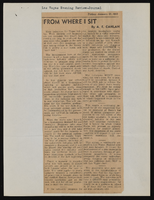Search the Special Collections and Archives Portal
Search Results

County agent project progress report, Flood control program, November 1, 1934
Date
1934-11-01
Archival Collection
Description
Discussion of the Civilian Conservation Corp work on flood control projects in the Virgin River and Moapa Valleys. Project Number: State Office No. 172, Clark County No. 12. Name of Project: Flood Control Program.
Text
Pagination
Refine my results
Content Type
Creator or Contributor
Subject
Archival Collection
Digital Project
Resource Type
Year
Material Type
Place
Language
Records Classification

